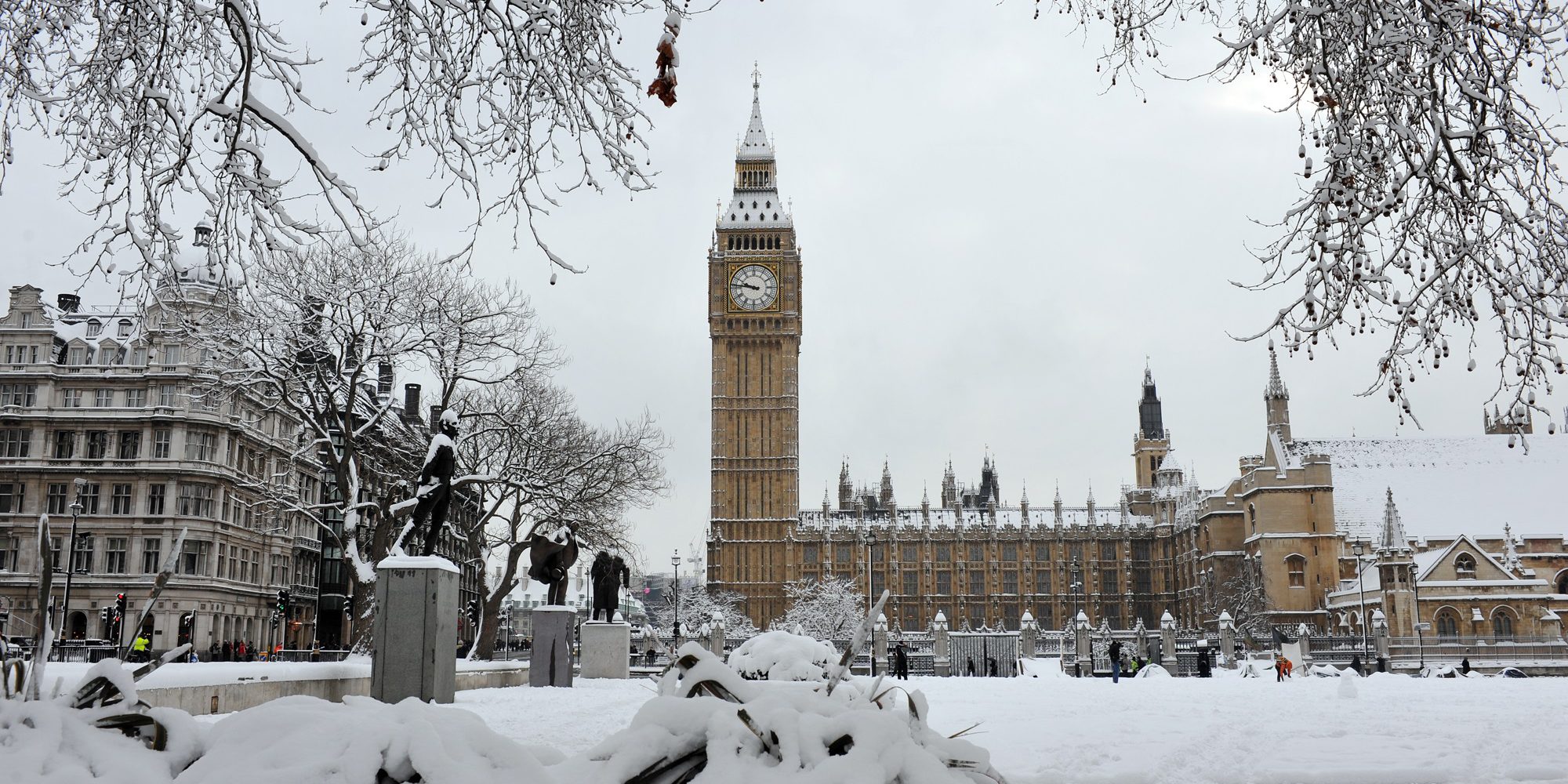Today, Chancellor Rishi Sunak highlighted the Government’s Winter Economy Plan to support businesses during the coming six-months against a backdrop of a second wave of coronavirus (COVID-19).
The Chancellor highlighted that the furlough scheme would definitely end in its current form at the end of October 2020. However, new measures were outlined that will be implemented, alongside adjustments to the current scheme, to provide ongoing support.
From the points outlined during his speech, the support from the Government appears to be more focussed, rather than just a generalised approach.
New Job Support Scheme
This was the first support scheme introduced, and is one which will be certainly welcomed.
The Job Support Scheme is designed to directly protect the wages of people in employment, giving businesses who face a difficult winter trade period the option of retaining employees in a job on reduced hours, rather than making them redundant.
The scheme will support viable jobs, which means an employee must be working at least one-third of their normal hours and be paid for that work as per usual by their employer.
The Government—jointly with employers—will increase eligible employee wages covering two-thirds of lost salary incurred by reducing their working hours. Importantly, affected employees will secure their job. Employees who as of yesterday were employed are deemed as eligible. This means employees working 33% of their hours will receive at least 77% of their pay.
The level of grant will be calculated based on employee’s usual salary, capped at £697.92p per month.
For the period between November 2020 to April 2021, all small and medium sized businesses can apply.
However, larger businesses only become suitable for the scheme only when their turnover has dropped. Essentially, only large businesses that can prove they have been adversely affected by COVID-19 will be eligible for the Job Support Scheme. There could also be restrictions on large businesses paying out distributable profits whilst their workforce is using the scheme. This was mentioned in Parliament, but not confirmed in the additional information notes supplied by the Government.
Furthermore, businesses can apply for the Job Support Scheme even if they did not utilise the furlough scheme.
Employers retaining furloughed staff on shorter hours can claim both the Job Support Scheme and the Job Retention Bonus.
Job Support Scheme Equivalent for the Self-Employed
Additionally, self-employed traders have been granted extended support throughout the winter period as the Government is protracting the existing self-employed grant on similar terms and conditions as the new Job Support Scheme.
An initial taxable grant will be provided to those who are currently eligible for the Self-Employment Income Support Scheme (SEISS), and are continuing to actively trade, but face reduced demand due to COVID-19. The initial lump sum will cover three months’ worth of profits for the period from November to the end of January next year. This is worth 20% of average monthly profits, up to a total of £1,875.
An additional second grant—which may be adjusted to respond to changing circumstances—will be available for self-employed individuals to cover the period from February 2021 to the end of April 2021. With this implementation, Government support will continue into next year.
Loans
The Bounce Back Loan Scheme (BBLS) have provided over a million small businesses a £38 billion boost to survive this pandemic.
Further to this, businesses will be granted more time—and greater flexibility—to repay these loans. This will take the form of the Government’s introduction of a ‘Pay as you Grow’ plan.
This means:
- Loans can be extended from six to ten years—nearly halving the average monthly repayment.
- Businesses who are struggling can now choose to make interest-only payments.
- Any business struggling to payback can apply to suspend repayments altogether for up to six-months.
To give businesses longer to apply for all of the loan schemes on offer, the Government has pushed back all deadlines—including the Coronavirus Business Interruption Loan Scheme (CBILS)—to the end of the year.
The Chancellor has also announced that the Government are starting to put together a successor loan programme, which is set to be introduced in January next year.
Tax Deferrals
The Chancellor also highlighted that self-employed income taxpayers who require extra help, can also now extend their outstanding tax bill over 12 months from January 2021.
In terms of deferments, nearly half a million businesses deferred more than £30 billion worth of VAT this year for payments due between March 2020 and June 2020.
Under the original Government’s guidelines, those payments were initially due in one lump sum in March 2021. Instead, the Government is now allowing businesses to spread their VAT bill over 11 equal instalments, with no interest charged.
VAT Reduction for Hospitality and Tourism
The Chancellor stated “to support more than 150,000 businesses and protect 2.4 million jobs through the winter we are cancelling the planned VAT increase for hospitality and tourism. We will keep the lower 5% VAT rate until March 31st 2021.”
This relief will be well-received by such a hard-hit industry, but whether the announcements today go far enough to help the hospitality and tourism industry is yet to be seen.
As with any of the points raised in this outline, the devil is in the detail. And, as always, our dedicated team will keep you up to date with all the new support features. If you should have any questions about eligibility, or what form of support might be applicable to you or your business, please do not hesitate to contact us.









